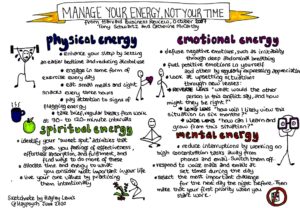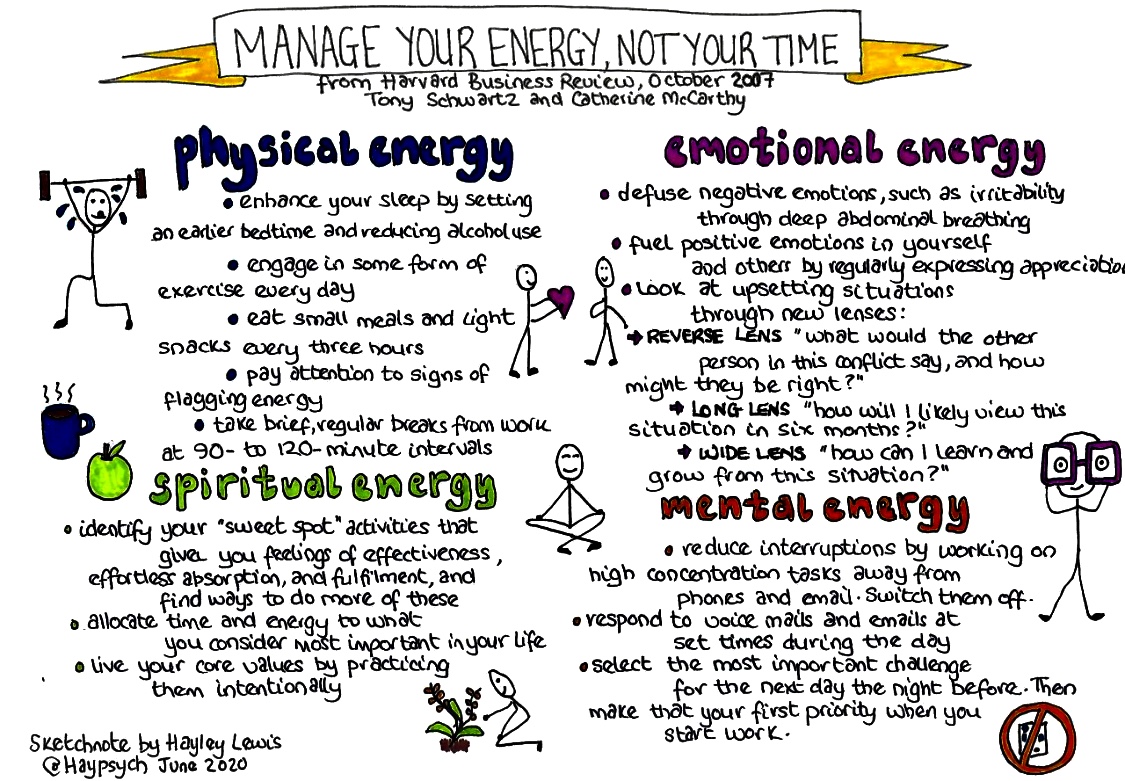 “I snapped at my kids, and then got into a fight with my husband the same night. I don’t know what is going on with me,” one client, let’s call her Elena, shared with me last week.
“I snapped at my kids, and then got into a fight with my husband the same night. I don’t know what is going on with me,” one client, let’s call her Elena, shared with me last week.
I knew exactly what she was feeling, having experienced a similar state only a few weeks earlier.
Reactivity is an all familiar symptom of the emotional and physical exhaustion. No matter what position you’re in — in management, leadership or an individual contributor — if you have working longer hours (don’t we all now that we are in remote mode!), haven’t been taking regular breaks, and not prioritising activities that bring you joy, you will inevitably hit the point when your amygdala gets triggered into “fight or flight” response by anything small and mundane.
We’re now in the home stretch of 2020. It’s a year that’s felt like a bad horror movie where we’ve had to face a new and often unpleasant surprise every day (and they keep coming!)
The impact of everything we’re going through — personally and collectively — is real, and, unsurprisingly, anxiety and depression are on the rise.
The thing is the pandemic we are living through is similar to running a marathon, not a sprint. We need to take care of our energy so that it lasts for many more months before the crisis will be over, and things will get back to normal.
As long as we prioritise taking care of ourselves along the way, these challenges can help us grow stronger, wiser, and more resilient long-term.
What you can and should do today and every day:
- Take extra good care of your body and mind.
Mind and body are connected, so if we want to feel good, we need to exercise, and we need to meditate. Meditation is proven to reduce stress and anxiety, to improve mood, memory and attention span. Running has tons of benefits too for both mental health and physical health.
Since more than 5 years, I start my day with a 10 min mindfulness meditation, followed by a gratitude exercise. Those days when I didn’t have time to do either one (it happens very rarely), I was not as calm, productive and positive.
As per physical exercise, since the first Covid19 confinement last spring, I run twice a week, and I do some form of stretching, yoga or Pilates for 15 min per day.
You might also notice that your diet will affect your mood and productivity during these colder and sunless days. Try to eat a healthy and balanced diet and take vitamin D supplements.
- Do things that bring you joy.
In the current pandemic environment, when we are deprived of some of our needs, it is very easy to give in to the brain’s negativity bias. We, the humans, are more prone to notice what is not going well vs what is going well with our lives. That’s why making a special effort to bring in joy into your life is important right now.
Everyone experiences joy differently. Make a habit to ask yourself every day “What would bring me joy today?” and try to do that activity, be that giving a call to your mother, getting a hug from your child, or watching a comedy on Netflix. Do not judge yourself: everyone needs a break during these uneasy times.
- Foster connection with others.
Humans are social beings, and we need to feel connection with others to feel good and thrive. Even though connecting to others is not easy during the lockdown, we can schedule a video chat with a friend or a family member or set up a virtual coffee chat for networking purposes, to help us advance with our career goals.
- Reconnect to your purpose.
People who have a clear purpose and direction for their lives, find it much easier to pick themselves up, dust themselves off and keep moving forward. People with purpose are known to be more resilient.
Having purpose makes it easier to bounce back in such challenging times as now, by providing perspective, stability, confidence and determination. Purpose in life also leads to both improved health and longevity. According to one study, people who feel like they have a purpose are more likely than others to have good quality sleep.
Ask yourself:
“What is my reason for getting up in the morning?”
“What do I love about being a manager or a leader (if you are)?”
“What am I good at?”
- Focus on managing your energy, not time.
The core problem with managing time is that time is a finite resource. Energy is a different story. Defined in physics as the capacity to work, energy comes from four main wellsprings in human beings: the body, emotions, mind, and spirit. In each, energy can be systematically expanded and regularly renewed by establishing specific habit behaviours that are intentionally practiced, with the goal of making them unconscious and automatic as quickly as possible.
The sketch above (or see my LinkedIn post) illustrates well how you can manage your energy levels vs time. Believe me, it is a much more effective way to build productivity and resilience.
Ask yourself:
“What habits do I need to develop to expand my energy this week and this month?”
Give yourself a special permission to take it easy and to take it slow. We want to make it to the finish line, and in a better shape than when we started.

